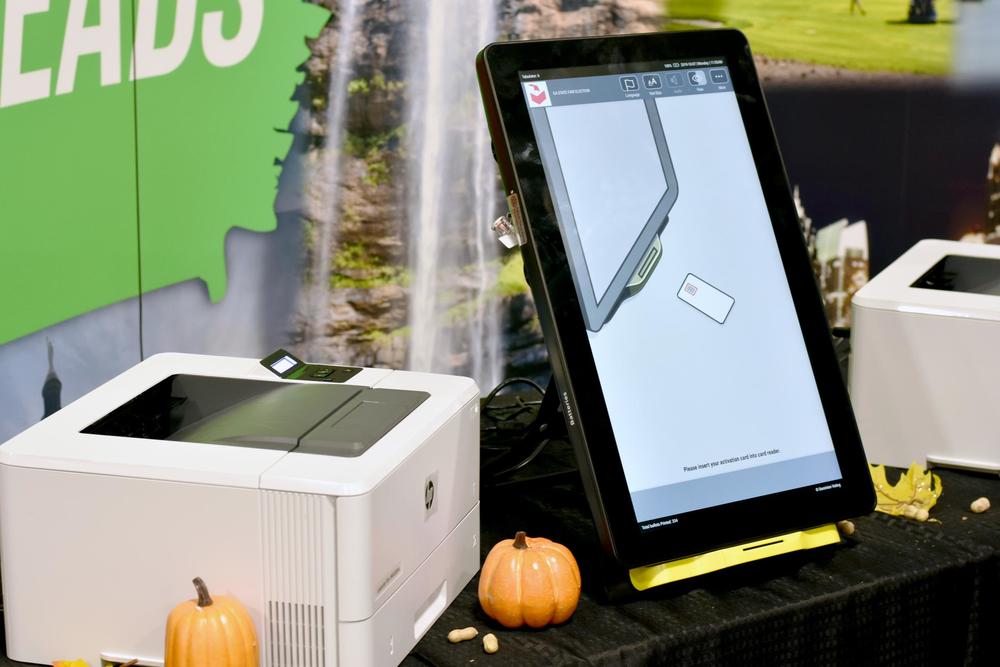
Section Branding
Header Content
Here's how SB 202 changes Election Day in Georgia
Primary Content

In case you haven't heard, Georgia has a new voting law that touches virtually every part of the election process. The Nov. 2 municipal elections will be the first big test for SB 202 for voters and local elections officials alike.
With only local races on the ballot, election workers won't have to contend with massive lines and an avalanche of absentee ballots, but the new law does add new responsibilities with a shorter timeframe.
MORE: What does SB 202 do? Here's an in-depth look.
As a voter, you will likely not notice anything different if you show up on Election Day, but in future statewide general elections poll workers are now required to record wait times throughout the day. If any polling location has more than an hour long line in a precinct over 2,000 voters, officials are supposed to hire more staff, add more machines or split up voters into multiple polls to address the issue for future elections.
There also may be fewer ballot-marking devices in lower-turnout races, since the law gives officials greater flexibility with equipment allocation for everything but statewide general elections.
Another new section of the law prohibits anyone but poll workers from handing out water to voters in line and outlaws passing out food and water to voters within 150 feet of the building that serves as a poll or within 25 feet of any voters in line.
If your polling place has closed or moved, SB 202 requires better notice of the change, including a larger sign that identifies the correct place to vote, and your vote won't be counted if you show up and vote at the wrong polling place — unless it's after 5 p.m. and you sign a statement saying you cannot make it to your assigned poll in time.
Voters should always check their registration information, including voting location, on the state's My Voter Page.
There is also more pressure for election workers to complete the vote counting process more quickly. By 10 p.m. on election night, counties must report the total number of ballots cast on Election Day, during in person early voting and absentee by mail — essentially providing a denominator to understand what's left to count.
SB 202 also instructs workers to count all the ballots without stopping, though a State Election Board rule clarifies that "reasonable" breaks can be taken.
Absentee ballots must be processed and counted by 5 p.m. the day after the election, except for military and overseas ballots and provisional ballots, which have a deadline of three days after the election. To help with the absentee processing, the law allows election workers to begin processing, but not counting, those ballots starting two weeks before the election.
With all of these changes, there is also the cloud of higher scrutiny and potential disciplinary action for mistakes and shortcomings: failure to meet the new law's extensive requirements could earn the attention of the State Election Board under a new election board performance review provision.

